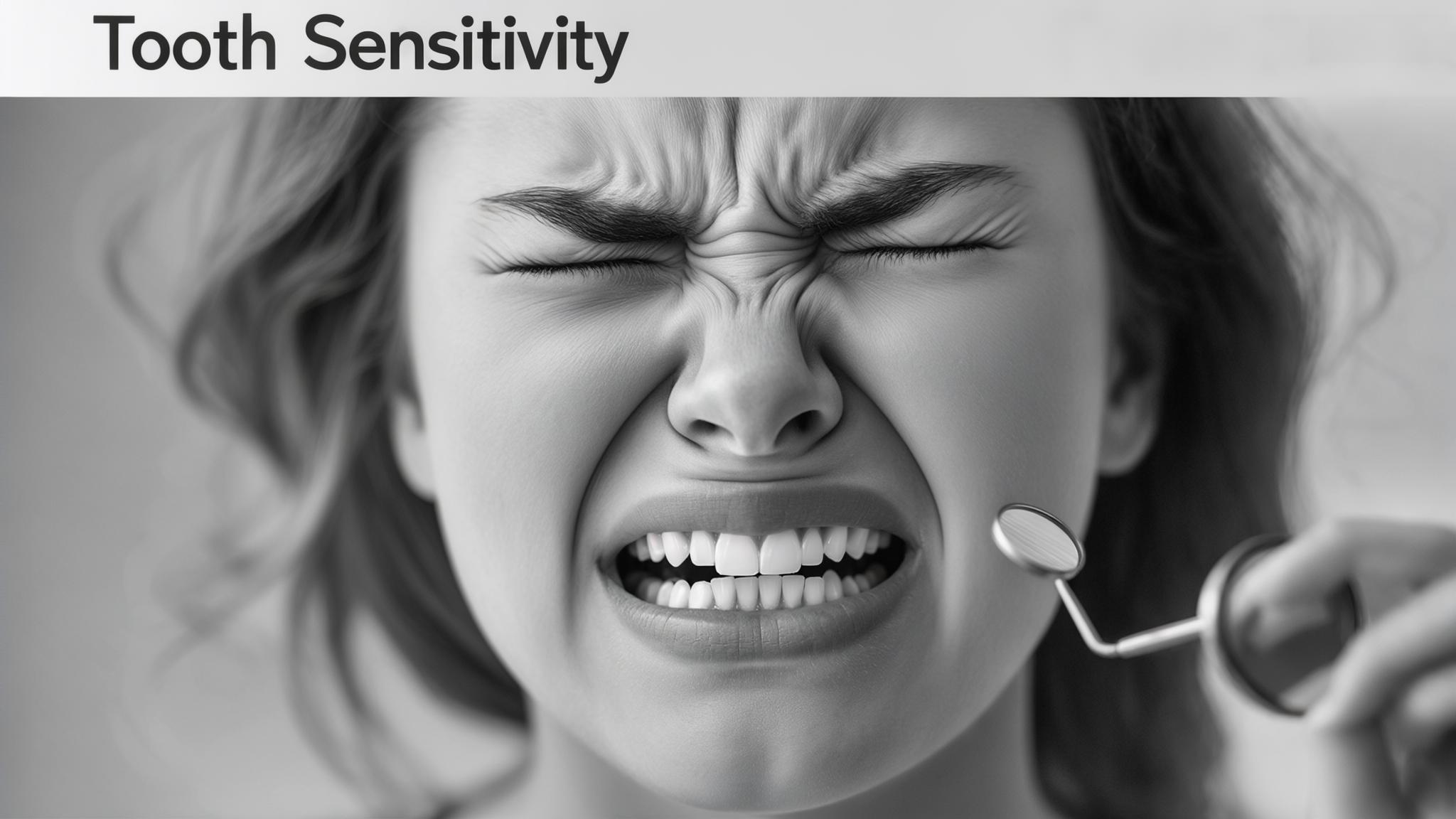Introduction
Sudden tooth sensitivity can be an unexpected and unpleasant experience. It often manifests as a sharp, temporary pain in response to certain stimuli like hot or cold foods. Recognizing these sudden changes in your dental health is crucial because they can signal underlying issues that need attention. This article aims to help you understand what sudden tooth sensitivity means, its potential causes, and when to seek professional dental care.
Understanding Tooth Sensitivity
Tooth sensitivity, also known as dentin hypersensitivity, occurs when the protective layers of your teeth are compromised, exposing the underlying dentin. Symptoms include sharp pain triggered by hot, cold, sweet, or acidic substances, or even by brushing your teeth. While some sensitivity is normal, particularly if you've recently had dental work, sudden sensitivity can be a sign of a more serious issue.
Common Triggers of Tooth Sensitivity
Several common triggers can exacerbate tooth sensitivity:
- Hot and cold foods and drinks: Ice cream or hot coffee can cause discomfort if your teeth are sensitive.
- Sweet or acidic substances: Sweets or citrus fruits can trigger pain.
- Physical contact: Brushing or flossing might become uncomfortable if sensitivity is present.
Possible Causes of Sudden Tooth Sensitivity
Sudden tooth sensitivity can be caused by a variety of dental and non-dental factors.
Dental Issues
- Cavities: Decay can expose the sensitive dentin.
- Cracked or fractured teeth: These can expose nerves, leading to pain.
- Gum recession: This exposes the roots of teeth, which are more sensitive.
- Tooth grinding (bruxism): This can wear down enamel, increasing sensitivity.
Non-Dental Factors
- Recent dental procedures: Fillings or cleanings might temporarily increase sensitivity.
- Teeth whitening treatments: These can cause temporary sensitivity.
- Sinus infections: These can sometimes mimic or exacerbate tooth sensitivity due to pressure on the upper teeth.
Other Health Conditions
- Diabetes: Can affect oral health, potentially increasing sensitivity.
- Gastroesophageal reflux disease (GERD): Acid reflux can erode enamel, leading to sensitivity.
- Vitamin deficiencies: Lack of certain vitamins can affect gum health and tooth sensitivity.
When to Call Your Dentist
Knowing when to seek professional help is key in managing tooth sensitivity.
Signs That Indicate the Need for Immediate Dental Care
- Persistent or worsening sensitivity: If sensitivity doesn't improve, it's time to consult a dentist.
- Accompanying symptoms: Pain, swelling, or fever can indicate an infection or other serious issue.
- Sensitivity affecting daily activities: If eating or speaking becomes difficult, professional help is needed.
Importance of Timely Intervention
Addressing tooth sensitivity promptly can prevent further damage and help identify any underlying health issues. Early intervention can save you from more extensive and costly treatments down the line.
Conclusion
Recognizing sudden tooth sensitivity is important for your overall dental health. Regular dental check-ups are crucial in preventing and managing sensitivity. By being proactive and aware, you can maintain a healthy smile and avoid potential complications.

